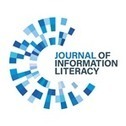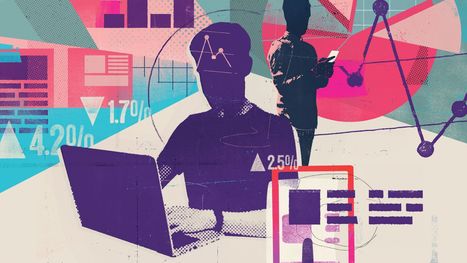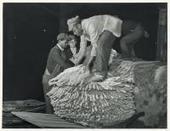It’s happening again. I feel the sentence structure at a subdermal level and know I’m confronting plagiarism before my eyes reach the period. A quick Google search reveals that my ninth-grade student did not write this sentence: “The memories stirred by the song cause Odysseus to weep, and, though he tries to hide it, the king notices and distracts the crowd by suggesting they begin an athletic competition.”
Via Elizabeth E Charles



 Your new post is loading...
Your new post is loading...













